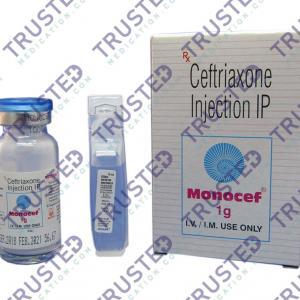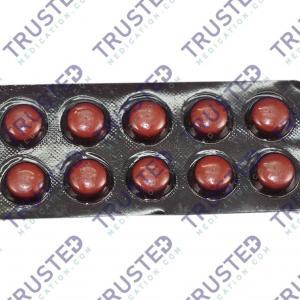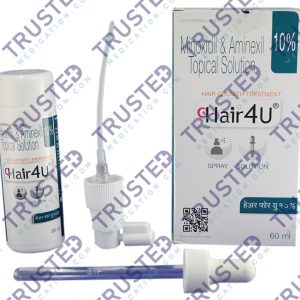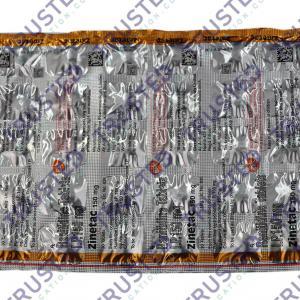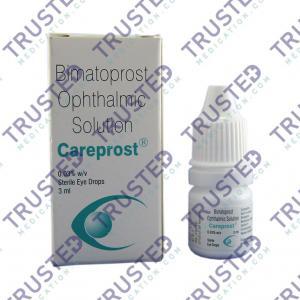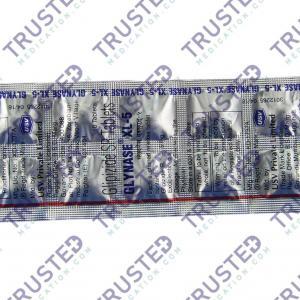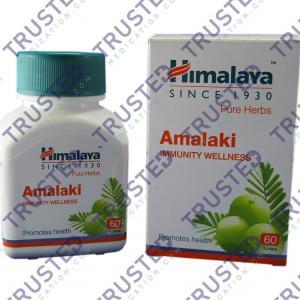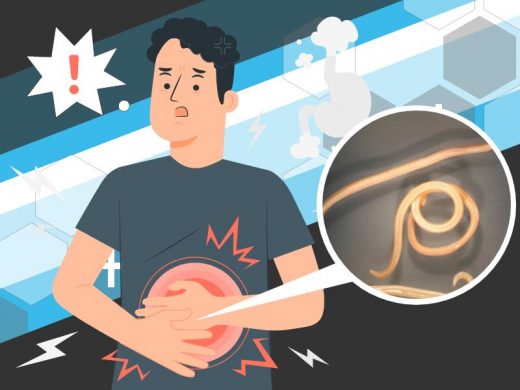
Roundworm infection is a type of parasitic illness. Roundworm eggs live in soil that is contaminated by feces. It is the most common type of worm infection in the world. Roundworm eggs live in soil that is contaminated by feces. The eggs can get into the body through the mouth. It is then possible for infected feces to spread the disease from person to person.
Roundworms can live inside the small intestine for up to 2 years. The worms are about as thick as a pencil. At their largest, they reach about 13 inches and reproduce very quickly. A female roundworm may lay more than 200,000 eggs a day. These eggs leave the body through bowel movements.
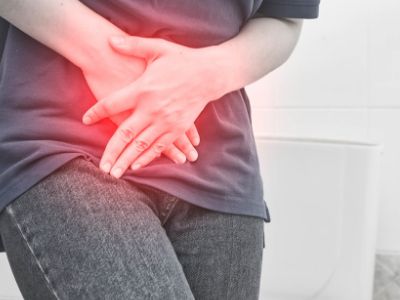
Symptoms of Roundworm
- Disturbed sleep
- Cough
- Restlessness
- Fever
- Severe abdominal pain
- Wheezing
- Malnutrition
- Vomiting
- Growth delay of your child
- Vague abdominal pain
- Nausea and vomiting
- Diarrhea or bloody stools
How Common is Roundworm Infection?
Roundworm infection is one of the most common human parasitic infections. It infects more than 1 billion people worldwide. It is typical in children between 3 to 8 years old. Roundworm is highly contagious when you have direct contact with the infected person. Nonetheless, it is also treatable with proper medication.
What are the Causes and Risk Factors of Roundworm Infection?

- A contact with soil mixed with human or animal feces that contain ascariasis eggs or infected water
- Poor sanitary facilities allow human waste to mix with soil in yards, ditches, and fields
- Eating infected, uncooked meat
- Small children often play in the dirt
- Unwashed fruits or vegetables grown in contaminated soil
- Age as it is typical in 10 years old or younger
- Warm climate
- Poor sanitation
How to Diagnose Roundworm Infection?
Your healthcare provider will assess your medical history and symptoms. Blood testing is the typical method in diagnosing roundworm infection. Your doctor may also recommend a stool sample test to determine the eggs and the causes of the symptoms. Ensure to seek medical help right away to prevent worsening the condition.
Treatment for Roundworm Infection
Antihelminthic drugs are drugs that can treat helminth and worm infections. It prevents the larvae from getting bigger or multiplying. The worms in your body then pass through without noticing it. You may also need to repeat the treatment after a few weeks depending on the type of the parasitic infection.
How to Prevent Roundworm Infection?
- Pet safety
- Wash your hands after grooming your pet
- Good hygiene
- Eat healthy foods
- Avoid eating uncooked meats
- Drink bottled water if you travel in unsensitized places.

